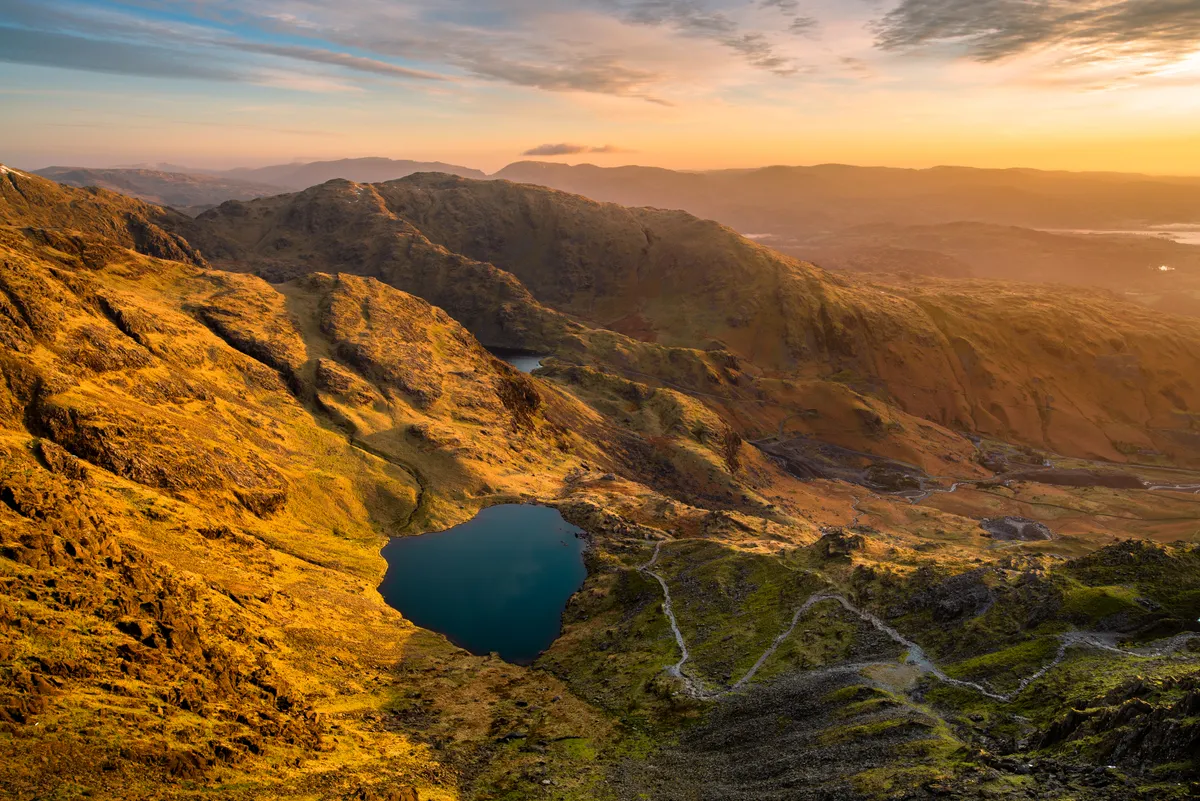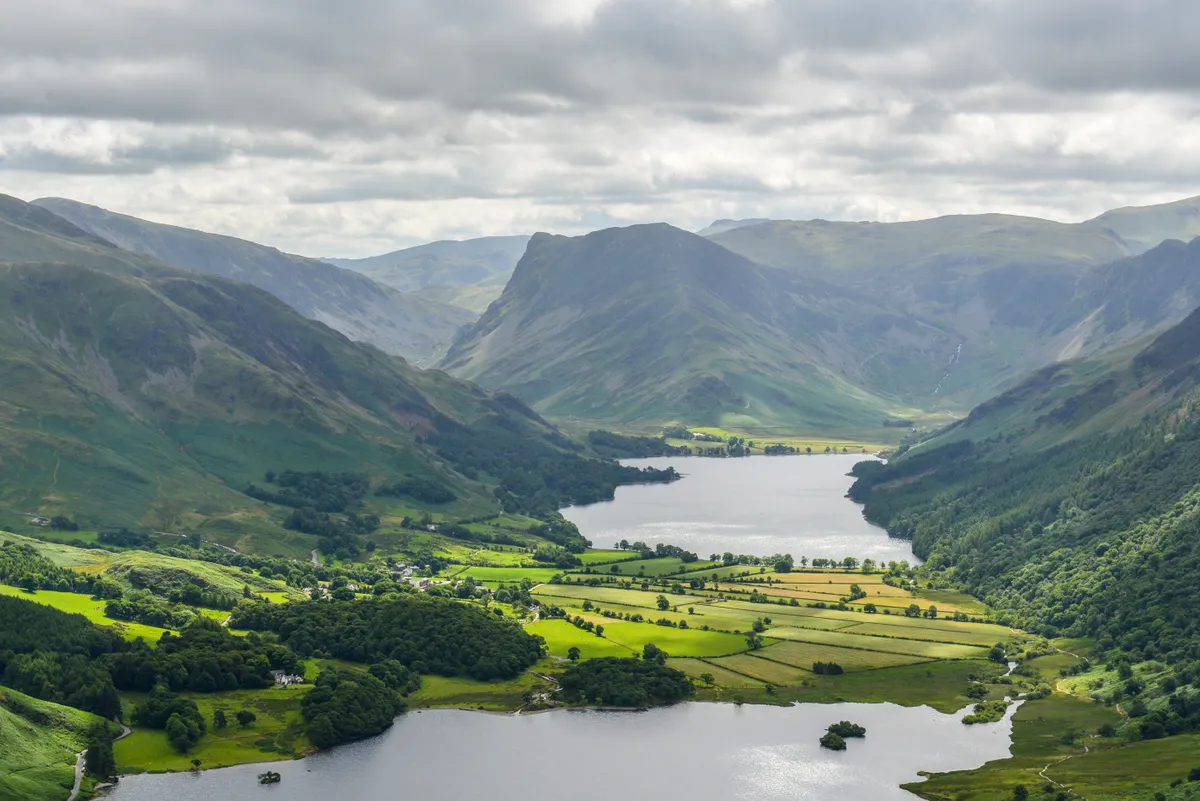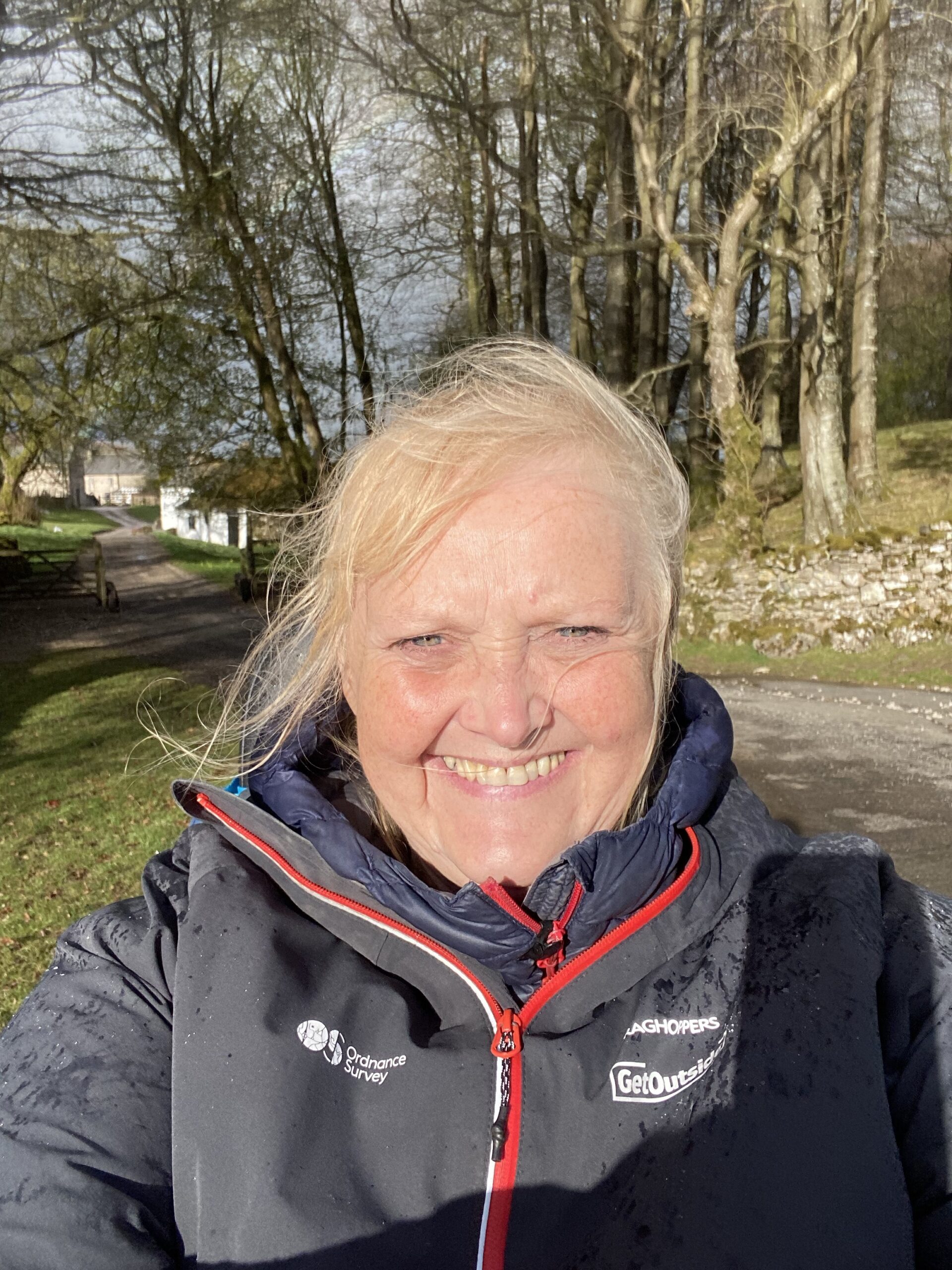"As I sit on the summit of the mountain, a profound sense of wonder washes over me. The crisp air fills my lungs. I feel a connection to the energy of the mountain; it’s as if I am a small part of something greater, in harmony with the beauty of nature.”
I wrote this in 1998 as an able-bodied person, after I had climbed the Old Man of Coniston, the 802m fell in the Lake District. It was an incredible experience.

Fast forward to 2023 and I faced a very different challenge. I had decided to reach the summit of Fleetwith Pike – a 648m fell that looms over Buttermere. But this time, I would tackle the climb in my all-terrain wheelchair. It was a challenge that I was determined to overcome.
I have a deep passion for the outdoors – something that led to my recent appointment as a Cabinet Office Disability and Access Ambassador. I strongly believe everyone deserves the opportunity to connect with nature, and that access to nature should be considered a fundamental human right rather than a privilege.
More evidence is emerging that access to nature is crucial not only for our physical wellbeing, but also for reducing the impact of mental health issues. Studies indicate that spending time in nature can lower stress levels, enhance focus and memory. People with disabilities benefit from time in natural surroundings, too, but they often have unique requirements, from using a wheelchair to seeking a peaceful spot to appreciate the outdoors.
Access to nature should be considered a fundamental human right rather than a privilege
So what should be done to improve access?
The 2019 Landscapes Review into the future of our national parks highlighted the significance of creating hard-surfaced, stile-free paths that are easily accessible for people with disabilities and wheelchair users. To some extent, I agree with this recommendation. I have benefitted from such improvements, enjoying the Railway Trail from Threkeld to Keswick, for example.
But I believe we should not alter the landscape in the name of accessibility by making a network of Tarmac paths. Apart from anything, there’s no need. True, a trail accessible for a manual wheelchair user should ideally be flat, wide, and have a firm surface without any obstacles. But steeper and more rugged routes can also be made accessible – using all-terrain wheelchairs. These have grippy tyres and robust construction; many also have electric motors.
So rather than building Tarmac trails, we should concentrate on removing the obstacles to all-terrain wheelchairs. On key routes, we can replace stiles with gates and get rid of any other unnecessary blockages.

All-terrain wheelchairs are costly. If disabled people are to experience the countryside in ways able-bodied people take for granted, we must make them available easily and cheaply. There should be more places for disabled people to borrow all-terrain wheelchairs, particularly in national parks.
The emergence of various private and charity-led schemes for hiring all-terrain wheelchairs is encouraging, but we need more government-funded schemes, rather than having to rely on charity fundraising.
My experiences of climbing Lakeland fells – the Old Man of Coniston on foot, and Fleetwith Pike in my all-terrain wheelchair (I made it!) – will stay with me for life. They have taught me that no matter what life throws at us, we can always find ways to accomplish our goals.
Everyone deserves a fair chance to succeed, and for some, a little extra support can make all the difference. It is crucial we don’t deny help to those who need it.
Main image credit: Dave Willis
